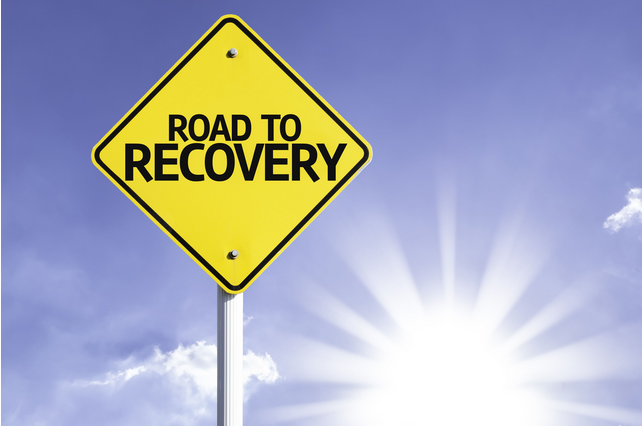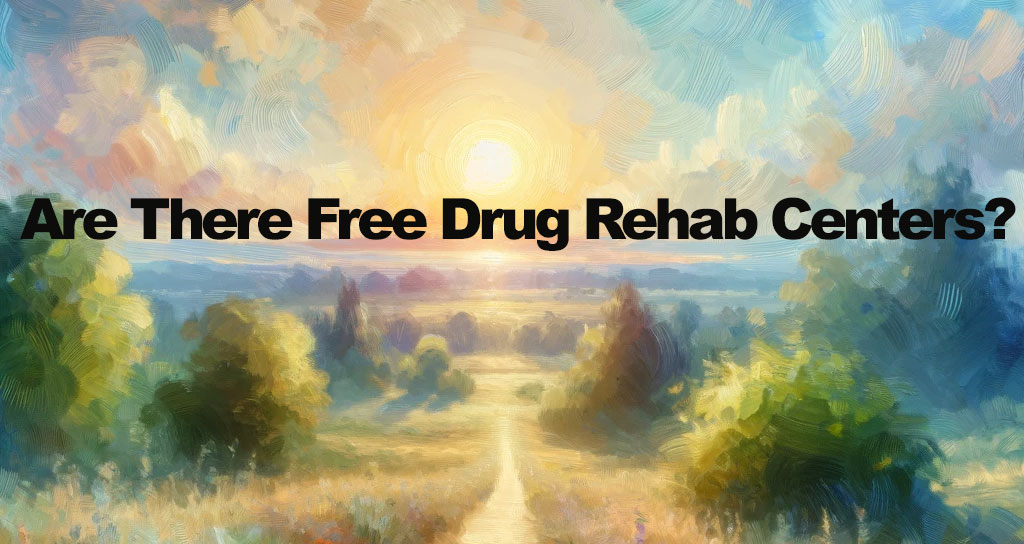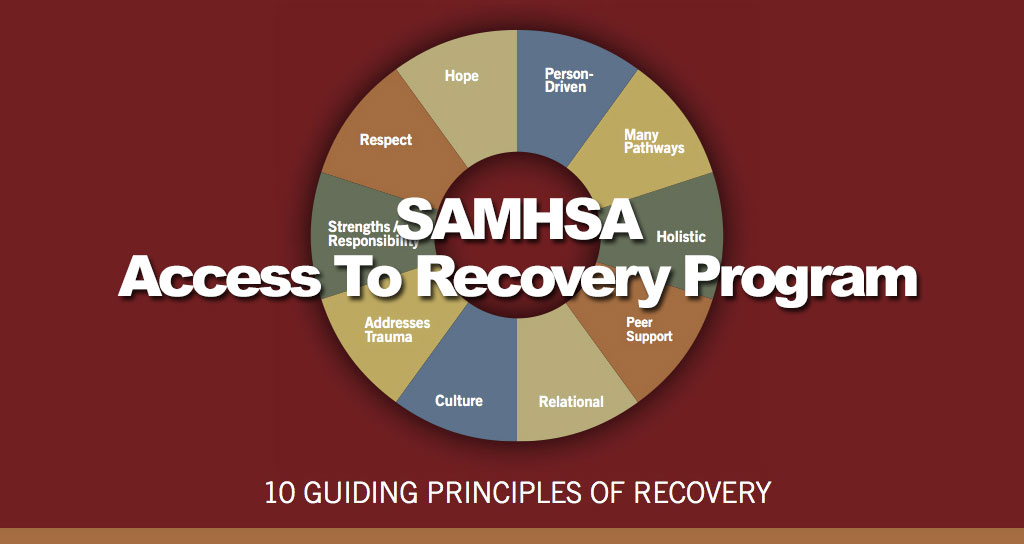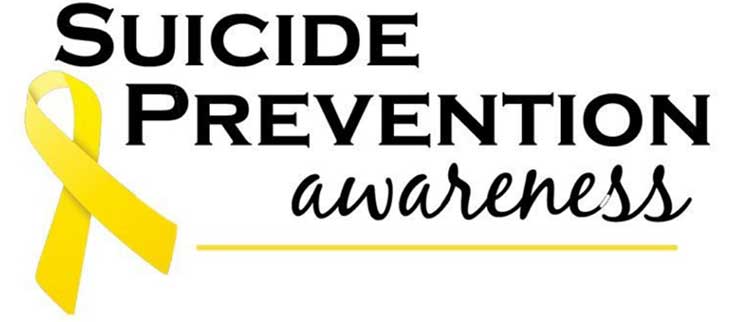
Addiction to alcohol and drugs can entrap individuals in a cycle of despair, affecting their physical and mental health, personal relationships, and overall well-being. While the desire to break free from addiction is often strong, the financial burden of seeking treatment can pose a significant obstacle. Fortunately, there are numerous avenues to access free alcohol and drug rehab, empowering individuals to embark on their journey towards recovery.
1. Government-Funded Programs:
Government agencies at the federal and state levels provide funding for alcohol and drug rehab programs, making treatment accessible to individuals regardless of their financial status. The Substance Abuse and Mental Health Services Administration (SAMHSA) offers a comprehensive treatment locator tool that connects individuals with nearby free or low-cost rehab centers.
2. Faith-Based Organizations:
Many faith-based organizations offer free or low-cost alcohol and drug rehab programs, often incorporating spiritual guidance and support alongside traditional treatment methods. These programs can provide a sense of community and belonging, which can be crucial for long-term recovery.
3. Non-Profit Organizations:
Non-profit organizations dedicated to addiction treatment often provide free or low-cost rehab services. These organizations rely on donations and grants to fund their programs, making them a valuable resource for individuals seeking affordable treatment.
4. Sliding Scale Fee Programs:
Some rehab facilities offer sliding scale fee programs, which adjust the cost of treatment based on an individual's income. This approach ensures that treatment is accessible to individuals with varying financial means.
5. Crowdfunding and Fundraising:
Individuals can utilize online crowdfunding platforms to raise funds for their rehab expenses. Sharing their personal stories and highlighting the impact of addiction can attract support from family, friends, and the wider community.
6. Scholarships and Grants:
Various organizations provide scholarships and grants specifically for individuals seeking alcohol and drug rehab. These financial aid opportunities can alleviate the financial burden of treatment, making it more attainable.
7. Community Resources:
Local community health centers, social services agencies, and religious organizations may offer resources or financial assistance for rehab. These organizations can connect individuals with appropriate treatment programs and provide ongoing support.
8. Support Groups:
While not a substitute for formal treatment, attending free support groups can offer valuable companionship and encouragement for individuals struggling with addiction. Support groups provide a safe space to share experiences, seek advice, and build a network of supportive individuals.
Remember, overcoming addiction is a journey, not a destination. Seeking help is a sign of strength, not weakness. With the right support and resources, individuals can break free from the grip of addiction and reclaim their lives.



